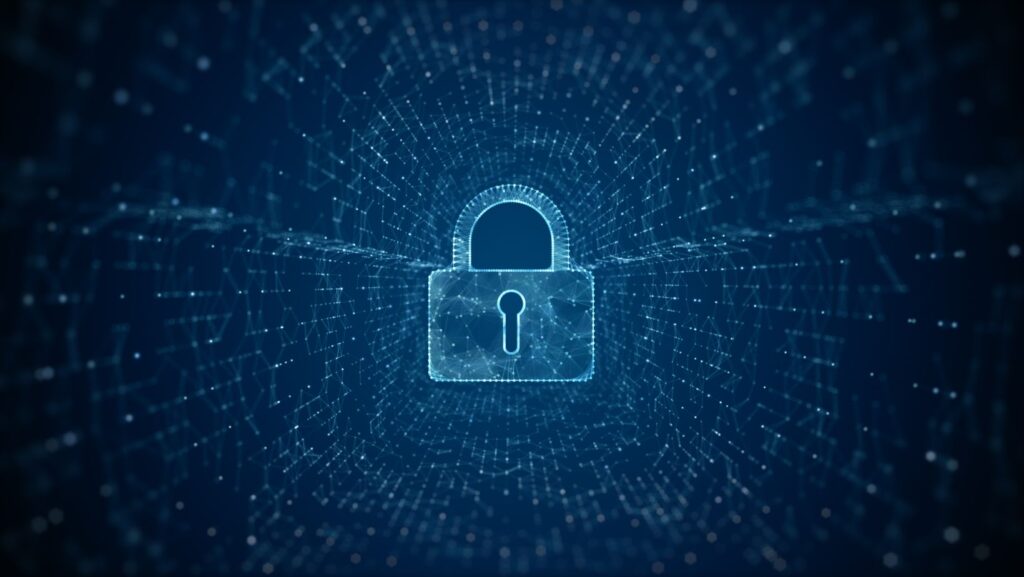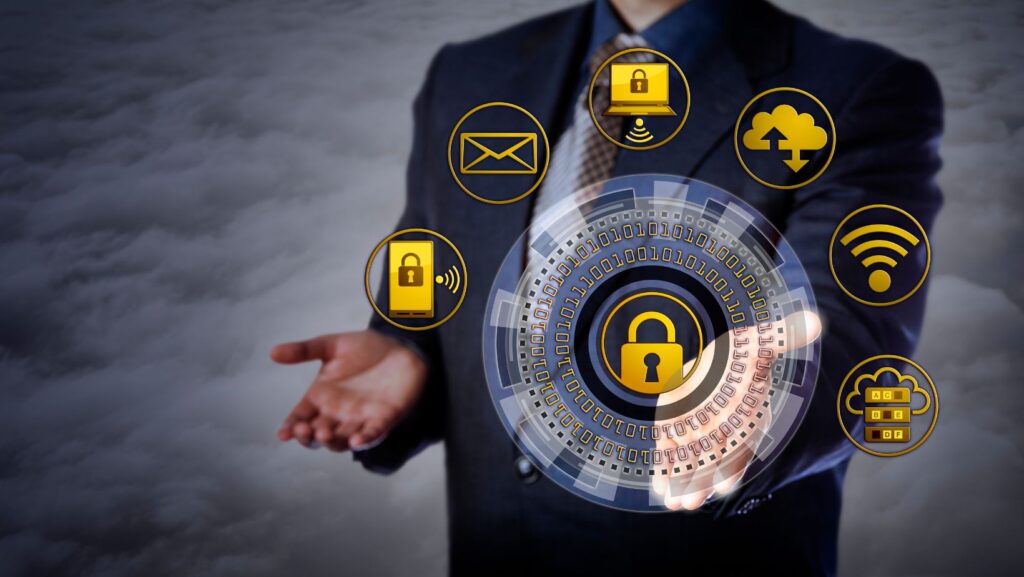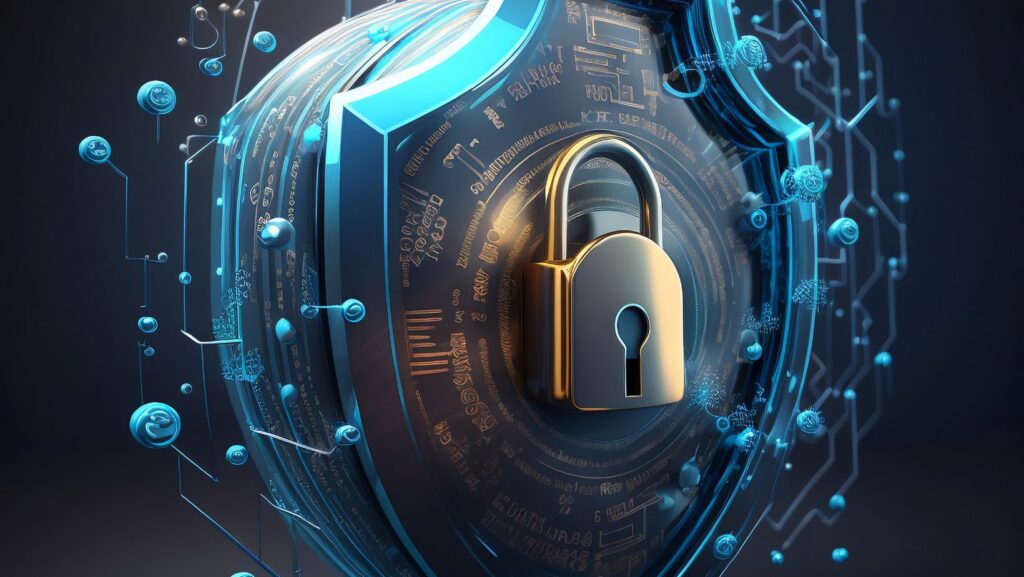The importance of having strong digital hygiene cannot be overstated in today’s interconnected world. Digital hygiene is a term used to describe the various measures and routines by which people and organizations keep themselves safe on the internet. From protecting personal information to understanding the implications of digital footprints, adopting good habits can significantly reduce the risk of cyber threats. Below are some essential best practices for ensuring online security.
Use Strong and Unique Passwords
Using strong and different passwords for all accounts is among the easiest ways to enhance online security. Strong passwords are normally a combination of capital and small letters with numbers and special characters included as well. Do not use predictable data such as birth dates or simple words. It would be wise for you to consider using a password manager which will enable you to keep track of your passwords in a safe manner so that you can generate and use those complex ones without having to remember all of them.
Enable Two-Factor Authentication (2FA)
Your online accounts will be more secure with two-factor authentication. For one to access the account, they need to have both the password and passcode that is sent during the login session. The use of 2FA in accounts means that even if someone has your secret code, it would still be very hard for them to gain entry as non-compliance means.
Be Cautious with Public Wi-Fi
Public Wi-Fi is convenient; however, it is also very insecure. You should not access sensitive data or financial records when on open networks. In case you have to use public Wi-Fi, think about an added security measure such as a Virtual Private Network (VPN) that will encrypt your internet connection and make it hard for hackers to get your information.
Monitor Your Online Presence
Ensure that you monitor your online activity so as to know what is revealed to the public about you.

It consists of your profiles on social networking sites, as well as any professional networks or search engine results. Be mindful of who can see your search history and the information that could be linked to your identity. Adjust privacy settings on social media platforms to control who can view your posts, photos, and personal information.
Be Wary of Phishing Scams
Cybercriminals often use phishing scams to take people’s personal details. You should be cautious about any emails, texts or calls asking for sensitive data or that direct you to unfamiliar websites. It is important to confirm who is sending the message first before you can proceed with providing your personal information through clicking on such links. When someone sends you a suspicious message under an official company letterhead, make sure to contact them directly.
Keep Software and Devices Updated
To enhance your security, it is important that you regularly upgrade both software and devices. Most of the time, these security patches are included in the software updates which help in protecting the system from new kinds of threats. Ensure that you have enabled automatic updates on all your applications so that you keep at par with the safest versions of the software. On top of that, make sure you have reputable antivirus and anti malware installed to boost your security.
Limit Personal Information Sharing
Think about what you post on the internet. The more personal information you give, the easier it is for hackers to take advantage of it.

Ensure that you check and adjust appropriately the privacy preferences on your social profiles so that they reveal only minimal information. Consider what information you post in public forums and how it could be used against you. Don’t forget that once something is posted online, it can be challenging to completely remove it.
Summary
In today’s highly interconnected society, it is very important that we practice good digital hygiene. Observing these tips will greatly minimize the chances of being attacked by online hackers and also keep safe your sensitive personal data. Remember, maintaining online security is an ongoing process that requires vigilance and proactive measures. Keep yourself updated, protected and maintain a healthy digital lifestyle.



